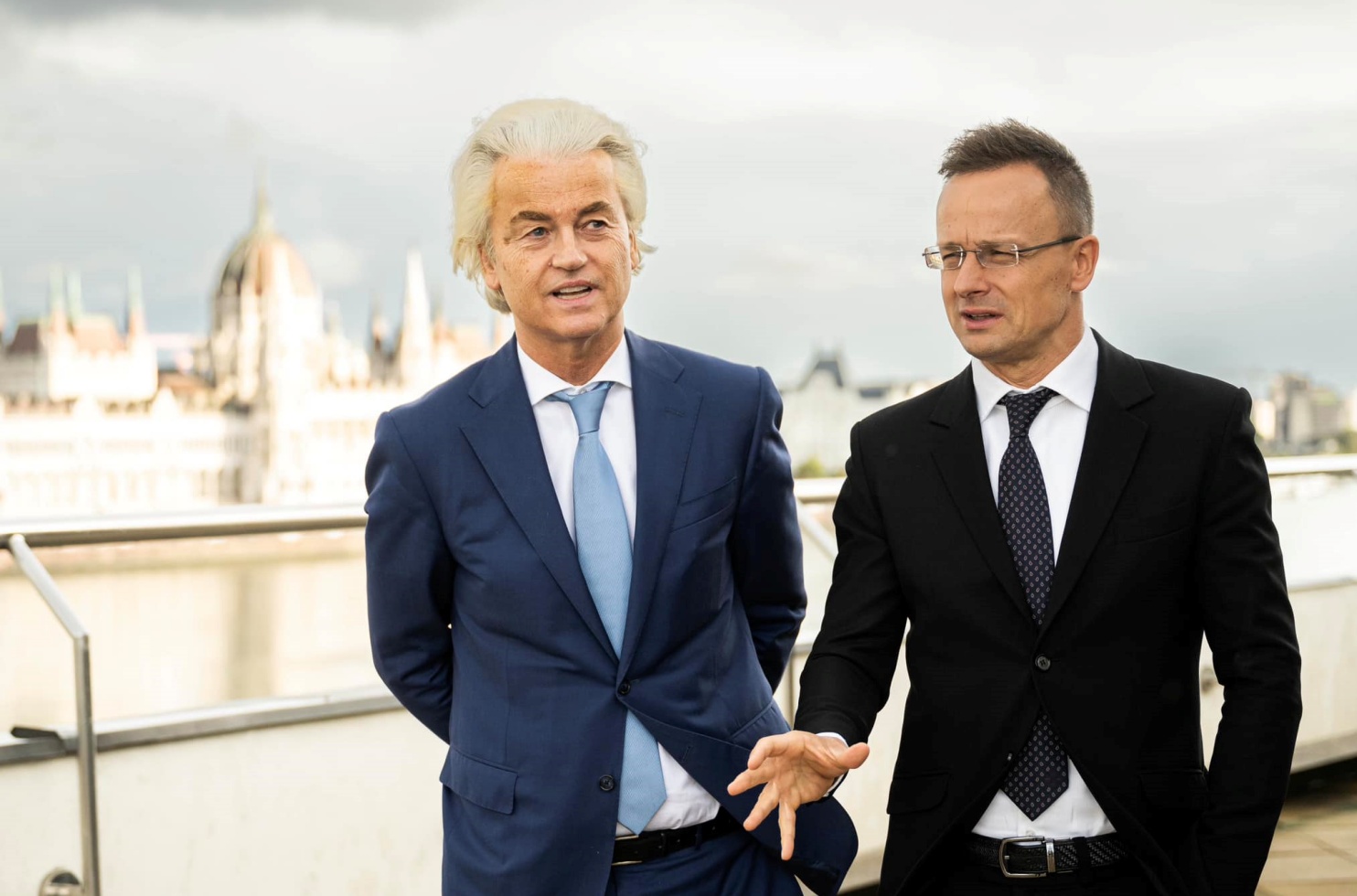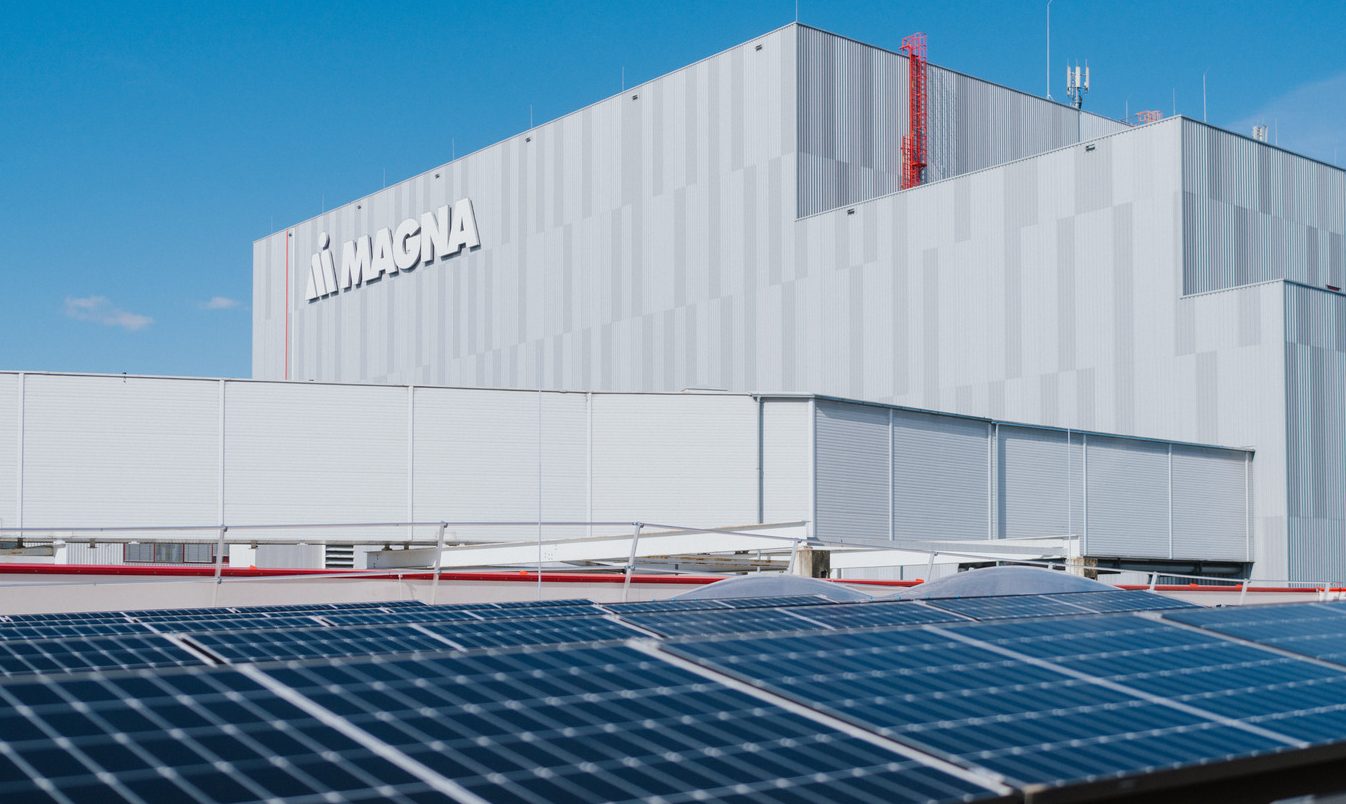
Geert Wilders also looks forward to a personal meeting with the Hungarian politician.Continue reading

The joint venture of South Korea’s LG and Canada’s Magna will see its first European factory built in Miskolc (northeast Hungary), and the HUF 20 billion (EUR 52.7 Million) investment will create more than 200 new jobs in the city, Minister of Foreign Affairs and Trade Péter Szijjártó announced in Budapest on Tuesday.
The minister said that the joint venture will produce inverters and on-board chargers for electric cars, with trial production starting in 2025. The HUF 20 billion project will be supported by the state with HUF 6.2 billion, thus contributing to the creation of 200 new jobs. In his speech, Szijjártó stressed that
during the last decade and a half, Europe has been shaken by a series of serious crises, but Hungary has emerged stronger.”
He added that even during the coronavirus pandemic and the crisis caused by the war in Ukraine, Hungary had not given up on its economic policy of supporting investment and job creation, and as a result had managed to break huge records. He cited last year’s record investment of €6.5 billion and exports of €142 billion, as well as 4.7 million people employed. The minister stressed it was good news that new records will be set in all three areas this year, based on the first ten months. Investment is set to double to €13 billion, while exports could grow by 6-8 percent to €150 billion, which would put Hungary in 33rd place in the world ranking, while its population is only 95th.
Szijjártó pointed out that this would not have been possible without the peak performance of the automotive sector, which today accounts for around 30 percent of manufacturing output. He recalled that
the sector is undergoing a revolutionary transformation to make Europe the first carbon neutral continent.
He pointed out that transport is now responsible for 20% of emissions and that it is therefore impossible to set realistic environmental targets without breaking this down.
Szijjártó emphasized that this shift would put the European and global economy on a completely new footing, and that there are winners and losers in any such change. “Who will or will not be in the winners’ category will be determined by where the new green car factories will be built,” he said. “Hungary has entered this competition, but not just entered, it has also achieved great successes in the past,” he added.
Several Western car manufacturers have made Hungary the center of their electromobility strategy, while many Eastern companies in the sector have also set up their operations here. The minister welcomed the fact that Hungary has become an important meeting point for Eastern and Western investment, putting it at the forefront of the global automotive transformation.
There is a major technological revolution, which is also of historical significance, and Hungary – the Hungarian economy – is at the forefront of this revolution, and is one of its shapers,”
he said.
Szijjártó underlined that over the past five years Hungary has been consistently among the world’s top 20 automotive exporters, and the sector’s production value has increased three and a half times over the past ten years, exceeding HUF 12 billion last year. In addition, he said, new records are expected this year, as the performance of the automotive industry rose by 18 percent in the first eleven months.
“So this year will be another record year, another peak year for the car industry, which will help the economy to rebuild its growth,” he said. Finally, on the newly announced investment, he praised the success of the strategy of opening up to the East, pointing out that South Korean companies are the fourth largest investor community in Hungary, and that these companies are helping the Hungarian economy to develop and change its dimension with their modern technologies.
Via MTI; Featured Image: Facebook/Magnainternational